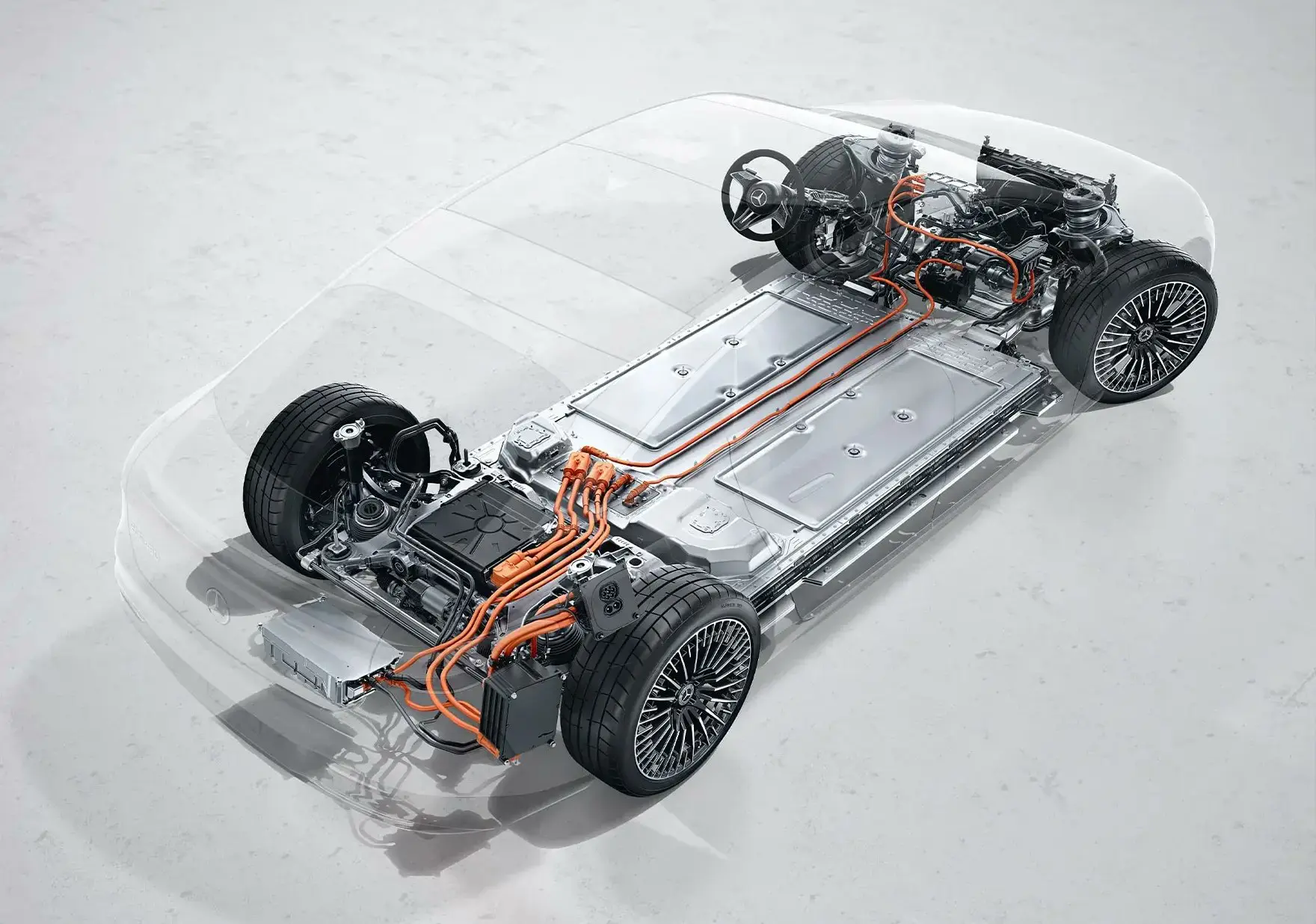The solid-state battery will not be as big a revolution as expected. Its advantage in energy density and cost has decreased.


⚡ Home truth words from #Mercedes about the solid-state battery technology supported by Toyota
🗣️ Speaking to Autocar, Mercedes CTO Markus Schäfer explained that the solid-state battery will not be as big a revolution as expected. Its advantage in energy density and cost has decreased.
🟢Solid state battery; It is touted as a ‘savior technology’ by some automobile manufacturers as it does not explode. It can be charged in 15 minutes and increases the energy density by 2-3 times.
⚠️ Companies such as Toyota and Nissan announced that they would not be able to produce a full solid-state battery before 2028 and that efforts were continuing to produce it suitable for mass production and at a reasonable cost. However, on the other hand, current lithium-ion battery technology continues to improve. In this way, charging times have already increased to 15 minutes and energy density to 300 Wh/kg.
🔋Believing that there is no need for solid-state lithium-metal batteries, Mercedes is currently working with Sila Nanotechnologies to increase energy density and charging speed by using a new generation anode made of nano-composite silicon instead of graphite anode in lithium-ion batteries.
✅With the use of more silicon in batteries, it is aimed to increase the energy density by 20-40% and the volumetric energy density to increase up to 800 Wh/liter. Nano-composite silicon, nano-wire silicon, and other material options can only find a place in high-end projects due to their high costs. However, it is estimated that silicon anode batteries will become widespread rapidly as production increases in 2024 and beyond.